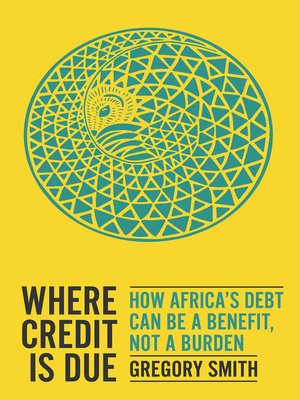
Sign up to save your library
With an OverDrive account, you can save your favorite libraries for at-a-glance information about availability. Find out more about OverDrive accounts.
Find this title in Libby, the library reading app by OverDrive.



Search for a digital library with this title
Title found at these libraries:
| Library Name | Distance |
|---|---|
| Loading... |
Borrowing is a crucial source of financing for governments all over the world. If they get it wrong, then debt crises can bring progress to a halt. But if it's done right, investment happens and conditions improve.
African countries are seeking calmer capital, to raise living standards and give their economies a competitive edge. The African debt landscape has changed radically in the first two decades of the twenty-first century. Since the clean slate of extensive debt relief, states have sought new borrowing opportunities from international capital markets and emerging global powers like China. The new debt composition has increased risk, exacerbated by the coronavirus pandemic: richer countries borrowed at rock-bottom interest rates, while Africa faced an expensive jump in indebtedness.
The escalating debt burden has provoked calls by the G20 for suspension of debt payments. But Africa's debt today is highly complex, and owed to a wider range of lenders. A new approach is needed, and could turn crisis into opportunity. Urgent action by both lenders and borrowers can reduce risk, while carefully preserving market access; and smart deployment of private finance can provide the scale of investment needed to achieve development goals and tackle the climate emergency.







